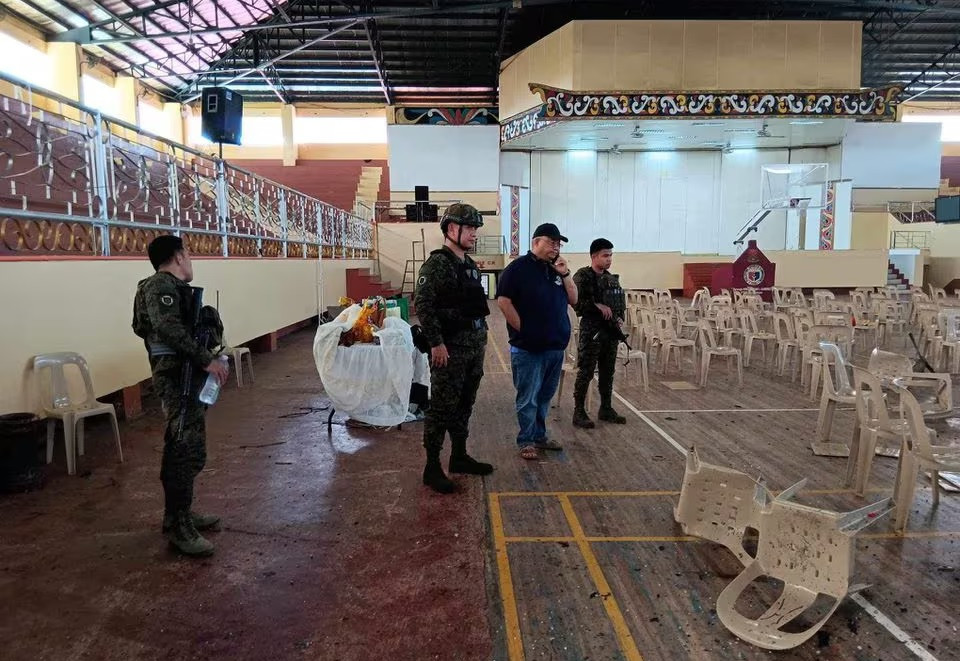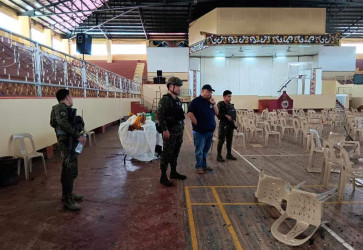Popular Reads
Top Results
Can't find what you're looking for?
View all search resultsPopular Reads
Top Results
Can't find what you're looking for?
View all search resultsA call for regional collaboration against extremism in Southeast Asia
The establishment of regional early warning and response systems will be pivotal in anticipating and preventing future threats, ensuring the safety and prosperity of Southeast Asia.
Change text size
Gift Premium Articles
to Anyone
I
n the aftermath of Sunday's bombing in Marawi, Philippine President Ferdinand “Bongbong” Marcos Jr. demonstrated swift and decisive leadership by condemning the violence and emphasizing a commitment to ensuring public safety. His strong condemnation of the "senseless and most heinous acts perpetrated by foreign terrorists" underscores the Philippine government's firm stance against the disruptive forces of terrorism.
President Marcos's resolute commitment aligns with the broader imperative for collaborative security measures and intelligence-sharing mechanisms in Southeast Asia. The need for a unified response against the threat of extremism is particularly pressing as foreign terrorists pose a challenge to the stability of nations in the region.
The Philippines, particularly regions like Mindanao, has not only been a historical battleground for extremist ideologies but has also become a focal point for the convergence of individuals from various Southeast Asian nations, including Indonesia, Malaysia and Singapore, who align themselves with extremist groups.
This convergence of foreign fighters in Mindanao adds a layer of complexity to the security landscape, necessitating a more comprehensive and collaborative regional response.
The presence of individuals from Indonesia, Malaysia and Singapore among extremist groups in Mindanao underscores the transnational nature of the threat. The porous borders and shared cultural ties among these Southeast Asian nations facilitate the movement of individuals across countries, posing challenges to regional security.
The interconnected networks operating in Mindanao attract foreign fighters who share a common extremist ideology, emphasizing the need for nations to not only address domestic security concerns but also regional cooperation to counteract the cross-border movement of extremists.
In 2017, Marawi was the site of an Islamic State (IS)-inspired five-month siege that killed more than 1,000 people. Despite Manila signing a peace agreement with the Moro Islamic Liberation Front, the largest separatist group, in 2014, smaller separatist groups have persisted in carrying out attacks across the restive region.



















